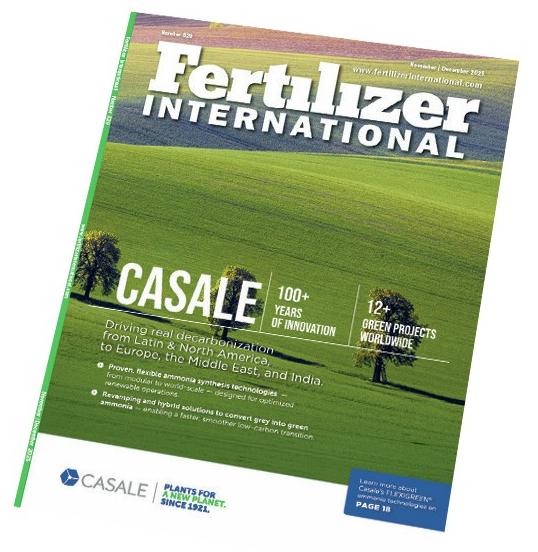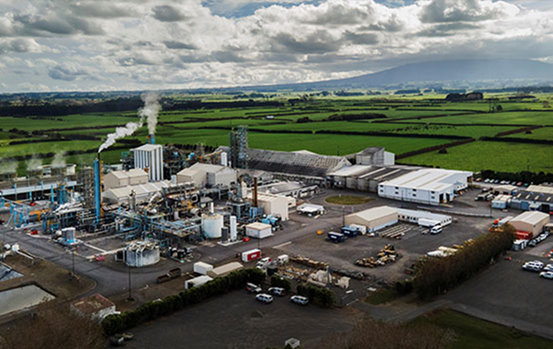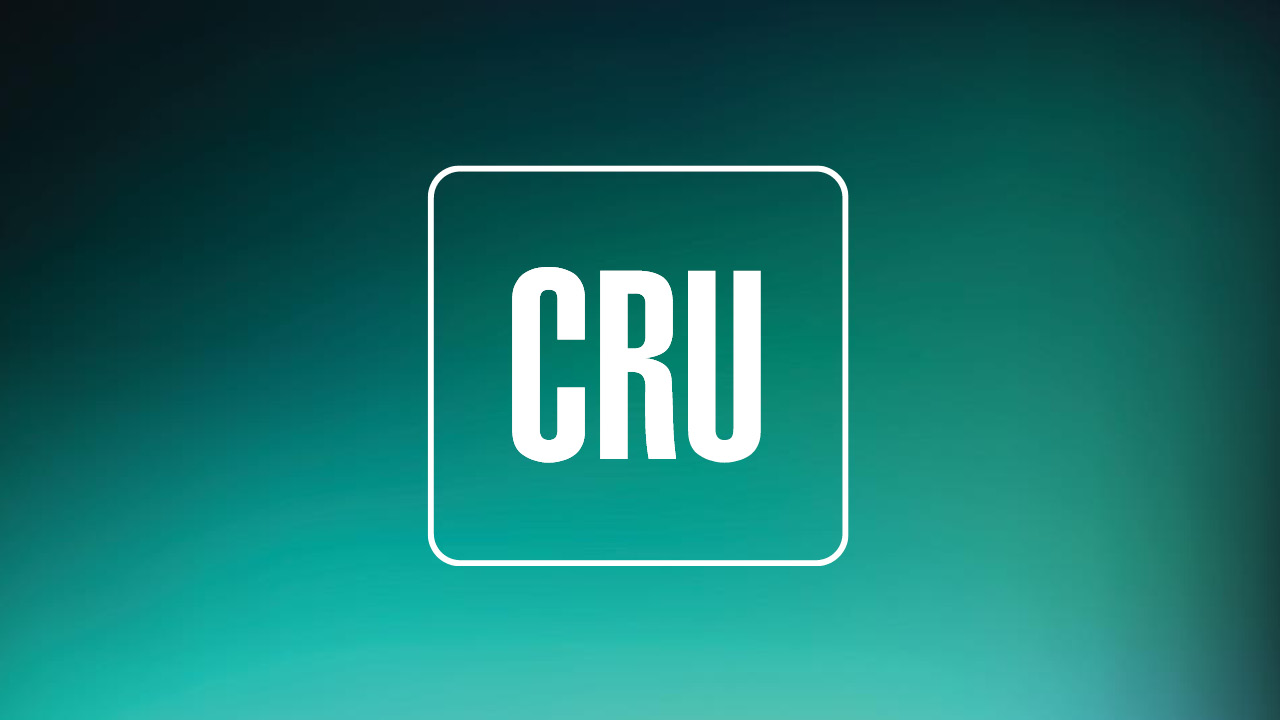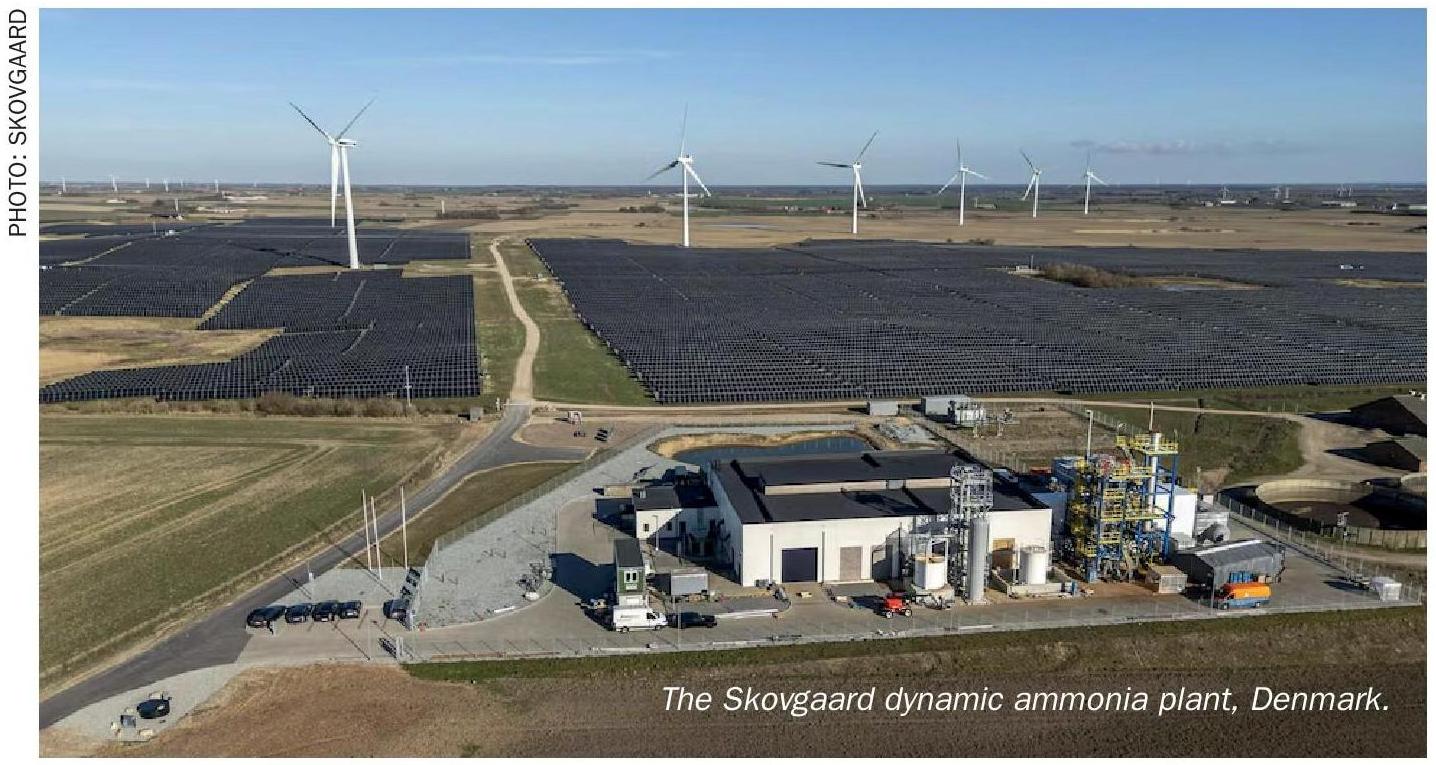Fertilizer International 529 Nov-Dec 2025

21 November 2025
Demand is everything

The fertilizer industry – as a sector dedicated to the manufacture of crop nutrients – is rightly focused on production and supply.
In the current November/December 2025 issue, for example, we’re lucky enough to feature an excellent update on the production of ‘green’ ammonia from renewable energy. This reveals that operational renewable ammonia projects have collectively exceeded one gigawatt of installed electrolyser capacity for the first time. This is quite the landmark.
Production and supply are, however, only one side of the equation. Because green ammonia projects can’t be magicked into existence without demand. This key pull factor cannot be neglected – as decarbonising both fertilizer production and the food system, rapidly and at scale, depends on demand creation.
To put it starkly, demand is everything. Because green fertilizer projects will fail to reach final investment decisions (FIDs) unless investors are confident that a sizeable and growing market exists for these products. Similarly, demand is equally reliant on supply to produce affordable products at scale.
The holy grail, therefore, is to link output and uptake together in a virtuous circle: a self-perpetuating accelerator in which supply and demand, working in harmony, create an ever-growing market for decarbonised fertilizer products.
Thankfully, there are lots of imaginative ways of joining up green fertilizer supply and customer demand, with collaboration across the food value chain being crucial.
Low-carbon fertilizer innovator CCm, for example, has partnerships in place with PepsiCo, Nestle, Cargill, Tesco and others (Fertilizer International 528, p47). Low-carbon fertilizer project developer FertigHy, meanwhile, has Heineken as a founding partner and shareholder (Fertilizer International 528, p49). Most recently, ATOME secured an offtake agreement with Yara International for all of the green fertilizer output from its under-development Villeta project in Paraguay.
Major fertilizer producers such as Yara and Fertiberia are themselves working in close partnership with fast-moving consumer goods companies (FMCGs) on creating the necessary market demand for green fertilizers. This includes end-to-end collaborations that cover the whole of the food value chain, from the farm to the supermarket, for products such as bread and potato chips (Fertilizer International 522, p27).
“The holy grail here is a virtuous circle in which supply and demand, working in harmony, create an ever-growing market for decarbonised fertilizer products.”
But, Europe being Europe, policy levers are also in the spotlight. Deloitte, for example, recently published a report on the demand-side policies needed to shift European heavy industry (steel, chemicals, refining and fertilizers) to low-carbon production1 . This looked at a specific policy instrument – demand-side mandates – and if and how these could be implemented.
“Heavy industry – including fertilizers – is critical to European prosperity and strategic autonomy. At the same time, they account for a significant share of the EU’s greenhouse gas emissions. EU heavy industry is under increasing pressure, especially from high energy and feedstock prices, costs of CO2 emissions, and low-cost imports,” says the Deloitte report.
“The transition to sustainable alternatives is not economically viable yet. The cost gap between conventional and sustainable production is substantial and unlikely to close through market forces or technological advances alone,” it adds.
This is where demand mandates might help. Essentially, these would aid the transition to more sustainable products, such as green fertilizers, by placing mandatory purchasing requirements on large-scale end users.
The Deloitte report concludes that food retailers and service providers are strong candidates for fertilizer demand mandates – due to their proximity to consumers and their relative market concentration. Dairy producers were identified as another candidate sector, given their significant share of fertilizer use, although they are further removed from the consumer.
The report suggests that EU heavy industry could begin to decarbonise at scale – with the help of demand mandates – without major impacts on affordability. The additional costs to consumers, in terms of higher retail prices, would typically be less than 1%, it says, because materials like steel, plastics and fertilizers represent just a small fraction of the cost of finished products.
Demand mandates would, however, require legal backing, possibly under the EU’s proposed Industrial Decarbonisation Accelerator Act. Whether this will happen, of course, remains to be seen, with the extra regulatory burden and costs likely to be a stumbling block.
Reference
1. Helmi, T., et al., 2025. Mobilizing consumer demand for sustainable investments. Deloitte, September 2025.





